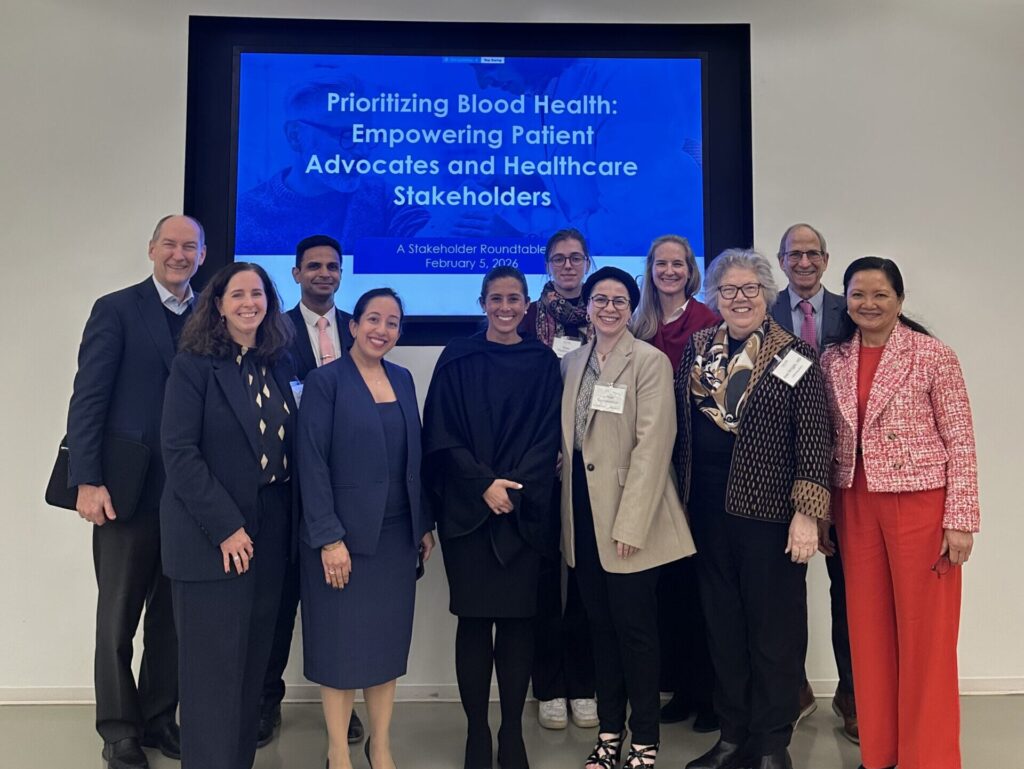In February 2026, the Global Alliance for Patient Access convened a stakeholder roundtable in Washington, DC to identify unmet needs in blood health and identify opportunities for collaboration when advocating for shared priorities.
Despite its prevalence and impact, iron deficiency and anemia – two common expressions of impaired blood health – are often dismissed. At the roundtable, health care providers and patient advocates agreed: better blood management strategies must be prioritized.






